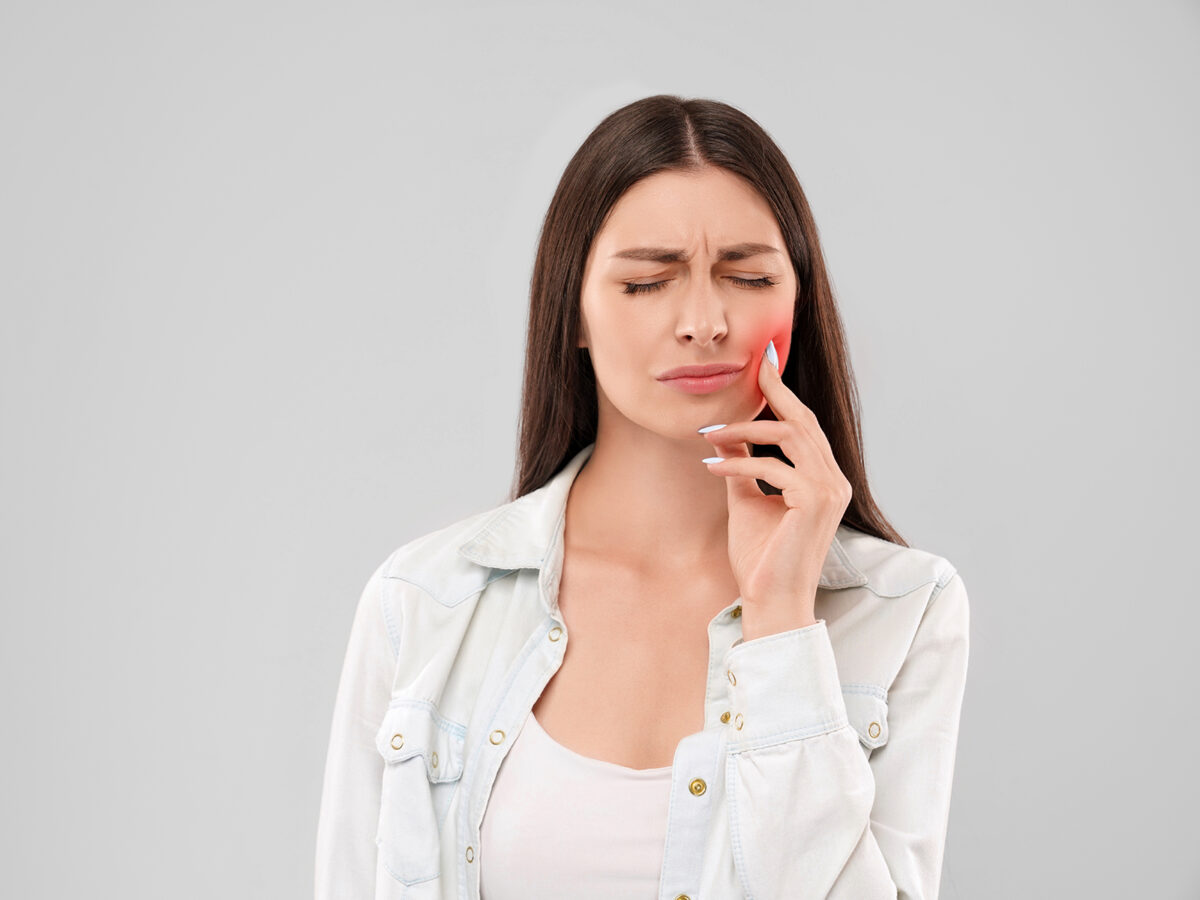Blog
Dental hygiene tips for healthy teeth & gums

Do Cavity Fillings Hurt?
You have your biannual dental checkups lined up and it seems everything is going well when you meet with your dentist. The dentist notices a loose filling on your tooth when you describe a slight pain in one of them. Sounds familiar, doesn’t it?
Well, there are a lot of reasons why dentists recommend dental fillings and one of the most common reasons is cavities. And it is likely that your dentist will tell you to get the dental stuffing to prevent further teeth damage.
Cavities can cause pain and serious infection if they are not filled. Leaving a cavity untreated can lead to intense pain throughout the tooth’s pulp.
So, getting a dental filling done in such cases is very vital. However, there are also some concerns regarding pain and discomfort involved in the process. So, we have given all the information about that in this article that will help you get your fillings done without any fear!
Can cavity fillings cause pain?
Cavities are small holes in decaying teeth that can be filled with dental fillings. The substance used to fill these holes is an amalgam or composite material, which your dentist uses during the procedure.
The process for cavity fillings is done after giving local anesthesia to the patient to reduce the pain and discomfort. And once the anesthesia numbs the area or gum then the dentist will start to fill the holes wherever required.
Once the procedure is done and the impact of anesthesia wears off you can feel a little discomfort or tingling sensation but not more than that. And it will eventually subside in a week.
You can experience the following things just after the procedure is done:
- The pain in your teeth is most noticeable when you breathe in cold air, drink hot or cold liquids, or eat hot or cold foods.
- A tender sensation in your gums
- A filling that causes pain around the tooth
- The pain associated with clenching your teeth
- Whenever you eat, brush, or floss, you feel pain in the affected tooth
If the above-mentioned pain and tingling sensation do not go away, there are changes in tooth sensitivity or you notice any other oral damage; you must visit your dentist to ensure the filling is done properly and you don’t have bite issues.
Tips to reduce pain from cavity fillings
If you are experiencing pain and discomfort from your cavity fillings here are some of the tips that you can use to combat that:
- Temporary avoidance of hot and cold foods and beverages.
- It is suggested to temporarily refrain from eating citrus fruits, wine, other alcohol, etc.
- Maintaining good oral hygiene by brushing and flossing gently.
- Using toothpaste with a desensitizing agent.
- The opposite side of your mouth should be used when chewing.
These were some of the tips that can definitely come in handy when you’re struggling with dental stuffing pain. Lastly, it is very important to understand that sometimes fillings can also lead to other oral care issues due to cavities.
For example, you can have pulpitis, bite issues, allergic reaction, and pain in general. Though these happen in only some cases, but if you feel any of these symptoms arising take help from your oral health care provider as soon as possible.
In addition, fluoride toothpaste can strengthen tooth enamel, preventing cavities and preventing future fillings. And not only adults, but it is also very necessary for parents to take care of the brushing routine of kids to ensure they stay away from cavities and other oral care issues.
We hope that this article has helped you in determining whether fillings hurt or not or whether it is the same for everyone!
